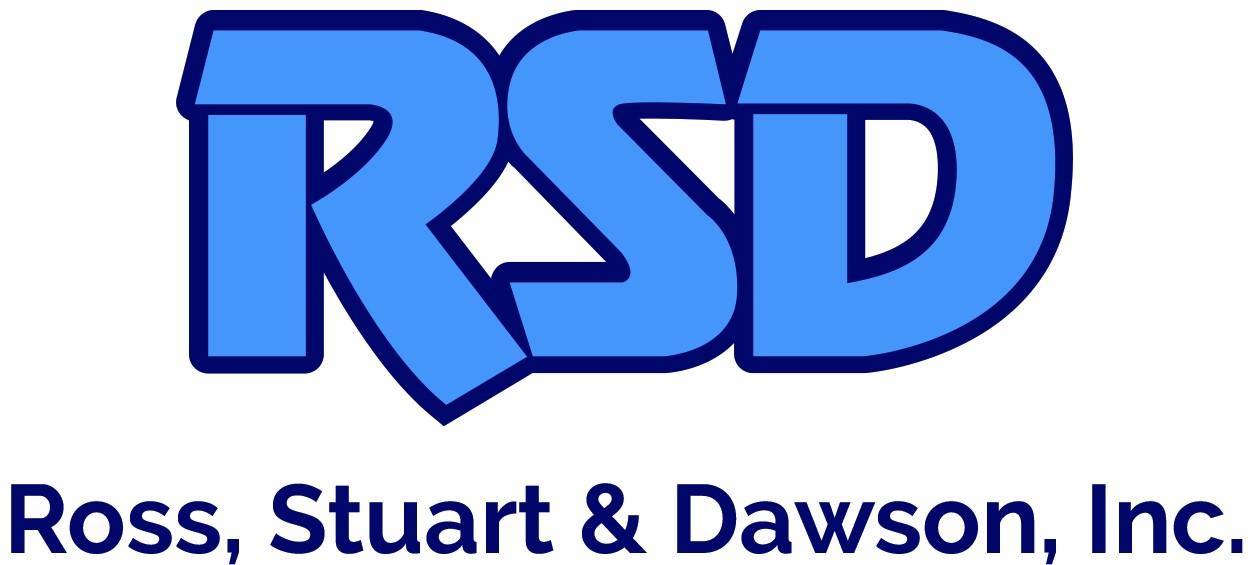Knowing When to File Suit and When to Walk Away
Are you unsure whether to pursue a debt or walk away?
At what point is a collected debt outweighed by the cost of legal action?
Debt collection is often a challenging and sensitive issue, both for creditors trying to recover funds owed and debtors facing financial difficulties. Determining whether to pursue legal action or to cease efforts requires careful consideration. Here's a comprehensive guide to help navigate this decision-making process effectively.
Understanding the Situation
Before deciding on the next steps, it's important to consider the details of the debt:
- Amount Owed: Consider the total amount of debt. Small claims may not justify the cost and effort of litigation, while larger debts might warrant more aggressive action.
- Documentation: Review all documentation related to the debt, including contracts, invoices, and correspondence. Strong documentation strengthens your case if legal action becomes necessary.
- Communication History: Evaluate past attempts to collect the debt. Have there been promises of payment, disputes, or ignored communications? These details can influence your decision.
Factors Favoring Legal Action
There are several scenarios where pursuing legal action might be the preferred route:
- High Value Debt: For substantial debts, the potential financial gain from successful litigation may outweigh the costs and effort involved.
- Clear Documentation: When you have clear, documented evidence of the debt and the debtor's obligation to pay, you have a stronger case in court.
- Repeat Offender: If the debtor has a history of defaulting on debts or ignoring collection efforts, legal action may be necessary to compel payment.
- Assets and Solvency: If the debtor has assets or a reasonable ability to pay but refuses, legal action can force compliance through wage garnishment or asset seizure.
Reasons to Consider Walking Away
Though it’s not ideal, there are circumstances where it may be better to halt collection efforts:
- Low Recovery Probability: If the debtor lacks assets or income to satisfy the debt, pursuing legal action may result in additional costs without a realistic chance of recovery.
- Cost-Effectiveness: For small debts, the expenses associated with litigation (e.g. legal fees and court costs) may outweigh the potential recovery.
- Time and Resources: Pursuing legal action can be time-consuming and resource-intensive. If the effort outweighs the potential return, it may be more efficient to cease collection efforts.
- Disputes and Defenses: If the debtor disputes the debt and presents valid defenses that complicate the case, resolving the matter outside of court may be preferable.
Steps to Consider Before Filing Suit
Before deciding on legal action, consider these steps:
- Negotiation: Attempt to negotiate a settlement or payment plan directly with the debtor. Sometimes, an agreed-upon resolution can avoid the need for litigation.
- Mediation or Arbitration: Alternative resolution methods can be less costly and time-consuming than litigation, offering a middle ground between walking away and filing suit.
- Legal Consultation: Seek advice from a debt collection attorney to assess the viability of litigation based on your specific circumstances.
End Your Search for Debt Collection Companies
Navigating debt collection requires a balanced approach, weighing financial considerations, legal rights, and practical realities. By carefully evaluating these factors and exploring alternatives, creditors can make informed decisions that maximize the chances of debt recovery while minimizing unnecessary costs and efforts. A debt collection company can help you navigate the process. If you have questions, or if you’re ready to place a claim, call (248) 370-8160 or submit a contact form here.
